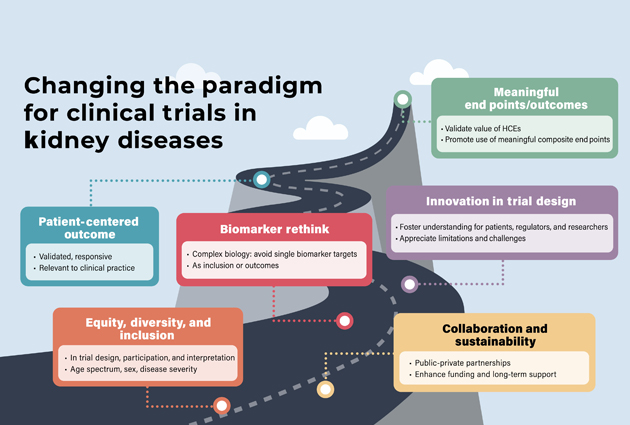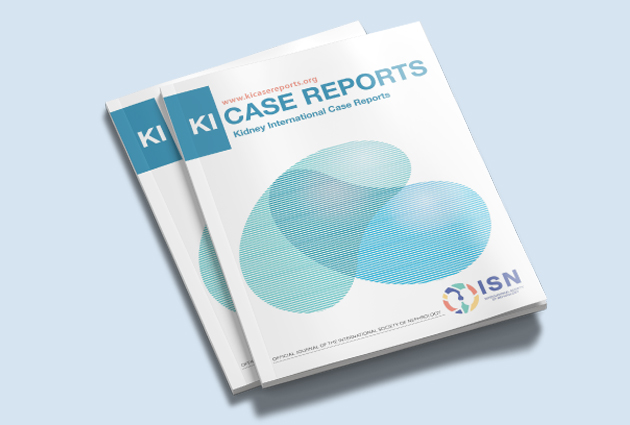Adapting to Tomorrow’s Care: The Imperative for Nephrologists to Embrace AI in Kidney Healthcare – A Must-attend Plenary Session at WCN’24

Michal Rosen-Zvi, director of AI in healthcare and life sciences at IBM Research and professor of computational medicine at the Hebrew University in Israel, will present the talk ‘Generative AI Revolution in Medicine’ at WCN’24.
Secure your seat for Michal Rosen-Zvi’s plenary talk: Register for the congress now!
The use of generative artificial intelligence (AI) in medicine is ushering in a transformative era in healthcare, particularly in global kidney care. Nephrologists must acknowledge and leverage AI to stay at the forefront of innovative healthcare, ensuring optimal care for those with kidney-related disorders.
Advanced machine learning algorithms generated by AI are proving instrumental in revolutionizing the diagnosis, treatment, management, and therapeutic development of a wide range of pathologies, including kidney diseases.
Driving early detection, risk assessment, and personalized medicine
One notable breakthrough is the ability of generative AI models to analyze large datasets, including patient records, omic information, and medical imaging, to identify patterns and predict potential kidney issues with unprecedented accuracy. While the volume of data leveraged by models applied to patient data is much smaller than the billions of textual snippets that large language models have benefited from, this can potentially improve the performance of AI technologies in the early detection of kidney diseases, allowing for timely intervention and personalized treatment plans.
Accelerating drug development
In addition, generative AI is playing a pivotal role in drug discovery for kidney-related conditions. These AI models accelerate the development of novel therapies by simulating and predicting interactions between drugs and the biological mechanisms of kidney function, promising more effective and targeted treatments to improve outcomes for people living with kidney diseases worldwide.
Contemplating ethical concerns
However, the widespread implementation of AI technologies in healthcare and biomedical sciences comes with challenges and ethical considerations. Data privacy, algorithm bias, and robust regulatory frameworks must be addressed. Beyond the development and implementation of new policies, AI technologies focusing on explainability and exploration of biases can and are being used to ensure the responsible and equitable use of these technologies for all.
Find out more about WCN’s plenary speakers and scientific program here.









